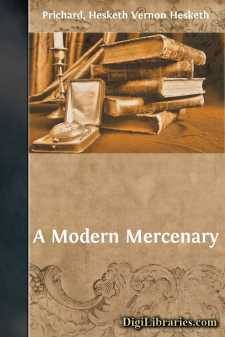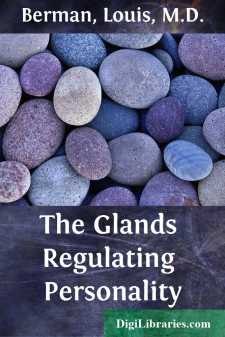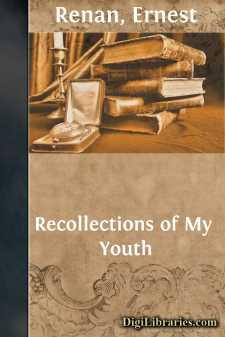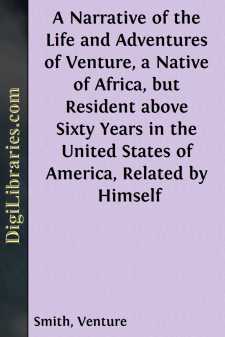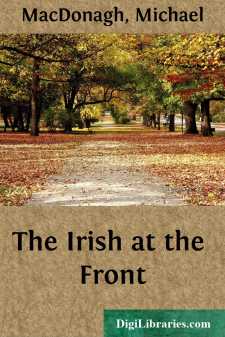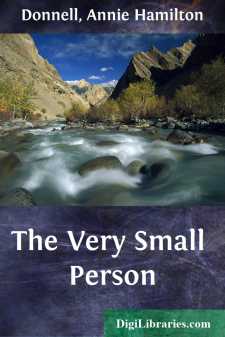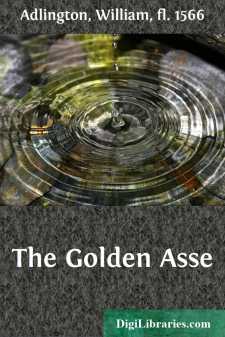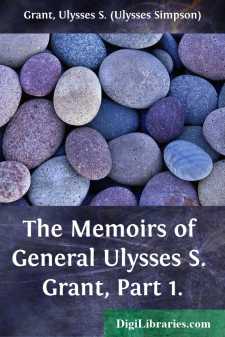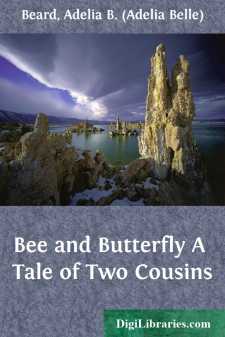Fiction
- Action & Adventure 180
- Biographical 15
- Christian 59
- Classics
- Coming of Age 5
- Contemporary Women 3
- Erotica 8
- Espionage/Intrigue 12
- Fairy Tales, Folklore & Mythology 236
- Family Life 169
- Fantasy 117
- Gay 1
- General 596
- Ghost 32
- Historical 808
- Horror 43
- Humorous 160
- Jewish 25
- Legal 4
- Medical 22
- Mystery & Detective 315
- Political 49
- Psychological 41
- Religious 64
- Romance 159
- Sagas 11
- Science Fiction 730
- Sea Stories 113
- Short Stories (single author) 537
- Sports 10
- Suspense 1
- Technological 8
- Thrillers 2
- Urban Life 31
- Visionary & Metaphysical 1
- War & Military 173
- Westerns 199
Classics Books
Sort by:
A LIEUTENANT OF FRONTIER CAVALRY. During four months of the year the independent State of Maäsau,' we will call it—which is not very noticeable even on the largest sized map of Europe—is tormented by a dry and weary north-east wind. And nowhere is its influence more unpleasantly felt than in the capital, Révonde, which stands shoulder-on to the hustling gales, its stately frontages and noble...
more...
by:
Louis Berman
CHAPTER I HOW THE GLANDS OF INTERNAL SECRETION WERE DISCOVERED Just what are the glands of internal secretion? And how have we become possessed of whatever information about them we have? A brief review of how the idea of a gland of internal secretion came into the human mind and of the contributions that have converged into a single body of knowledge is worth while. A gland is a collection of cells...
more...
by:
Ernest Renan
PART I. Tréguier, my native place, has grown into a town out of an ancient monastery founded at the close of the fifth century by St. Tudwal (or Tual), one of the religious leaders of those great migratory movements which introduced into the Armorican peninsula the name, the race, and the religious institutions of the island of Britain. The predominating characteristic of early British Christianity...
more...
by:
Venture Smith
CHAPTER I. Containing an account of his life, from his birth to the time of his leaving his native country. I was born at Dukandarra, in Guinea, about the year 1729. My father's name was Saungm Furro, Prince of the Tribe of Dukandarra. My father had three wives. Polygamy was not uncommon in that country, especially among the rich, as every man was allowed to keep as many wives as he could...
more...
INTRODUCTION "Though I am an Englishman, I must say the Irish soldiers have fought magnificently. They are the cream of the Army. Ireland may well be proud of her sons. Ireland has done her duty nobly. Irishmen are absolutely indispensable for our final triumph."—Letter from Brigadier-General W.B. Marshal, of the 29th Division, on service at the Dardanelles. "Your Irish soldiers are the...
more...
Chapter I Little Blue Overalls Miss Salome’s face was gently frowning as she wrote. “Dear John,” the letter began,—“It’s all very well except one thing. I wonder you didn’t think of that. I’m thinking of it most of the time, and it takes away so much of the pleasure of the rose-garden and the raspberry-bushes! Anne is in raptures over the raspberry-bushes. “Yes, the raspberries and...
more...
THE FIRST CHAPTER How Apuleius riding in Thessaly, fortuned to fall into company with two strangers, that reasoned together of the mighty power of Witches. As I fortuned to take my voyage into Thessaly, about certaine affaires which I had to doe ( for there myne auncestry by my mothers side inhabiteth, descended of the line of that most excellent person Plutarch, and of Sextus the Philosopher his...
more...
by:
Virna Sheard
THE MIRACLE Up from the templed city of the Jews, The road ran straight and whiteTo Jericho, the City of the Palms, The City of Delight. Down that still road from far Judean hills The shepherds drove their sheepAt silver dawn—at stirring of the birds— When men were all asleep. Full many went that weary way at noon, Or rested by the trees,Romans and slaves, Gentiles and bearded...
more...
CHAPTER I. ANCESTRY—BIRTH—BOYHOOD. My family is American, and has been for generations, in all its branches, direct and collateral. Mathew Grant, the founder of the branch in America, of which I am a descendant, reached Dorchester, Massachusetts, in May, 1630. In 1635 he moved to what is now Windsor, Connecticut, and was the surveyor for that colony for more than forty years. He was also, for many...
more...
Chapter I An Impulse of Mischief"When to mischief mortals bend their will,How soon they find fit instruments of ill."—Pope. Rape of the Lock. It was four o'clock. The little town of Louisiana, Missouri, had slumbered all afternoon in the spring sunshine, but woke suddenly to life as the doors of the big brick school house opened, and the boys and girls poured forth. As the outgoing...
more...


